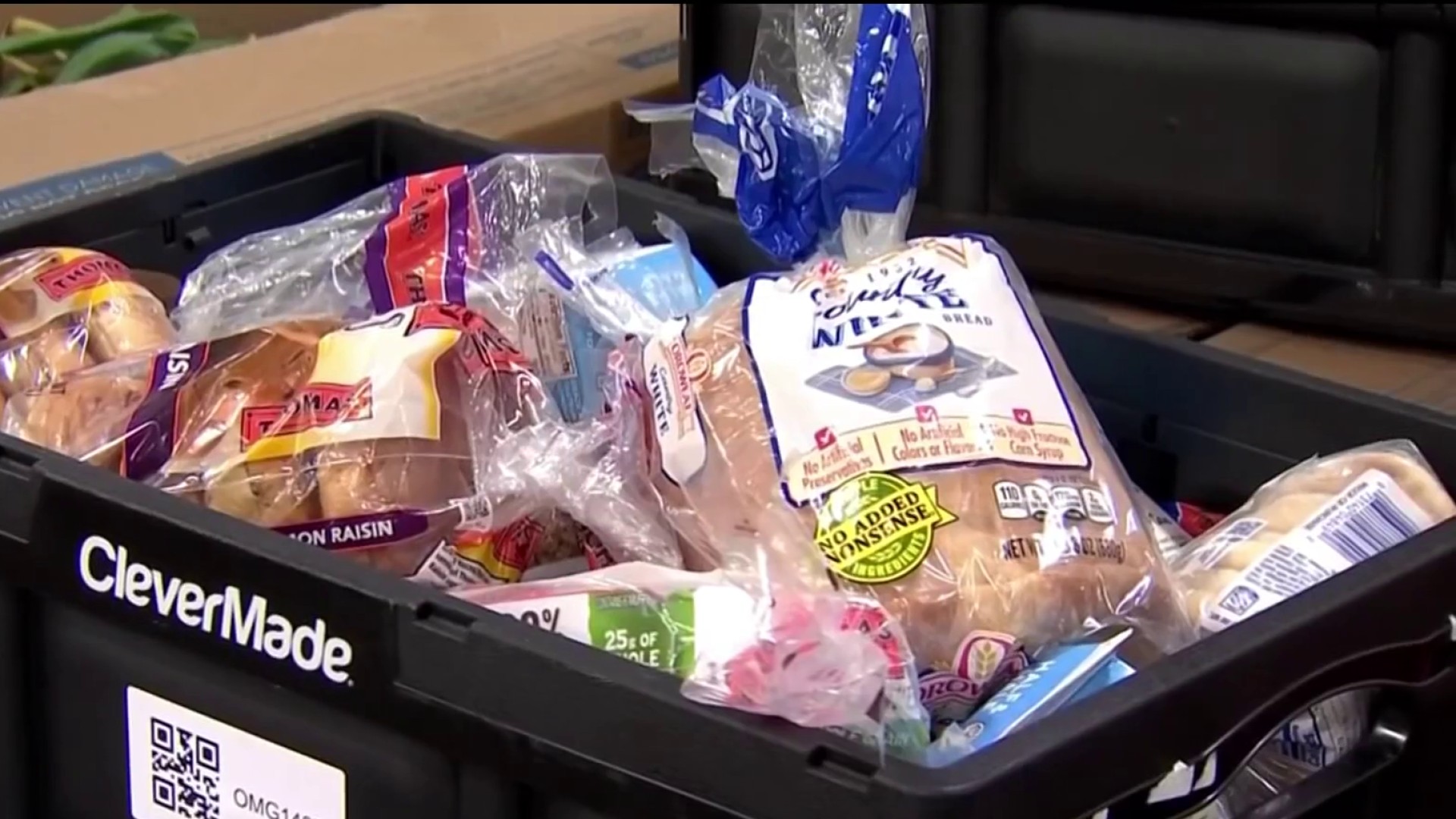When classes were shut down across the country and then turned online during the start of the pandemic, a group of California college students saw a need. Ian Cull reports.
When classes were shut down across the country and then turned online during the start of the pandemic, a group of California college students saw a need.
Karly Hou is a sophomore at Harvard who came home to Palo Alto to finish the year virtually. That’s when she learned her younger peers were having trouble.
“I was thinking since Palo Alto is a really good school district and even then my friends are struggling with all these changes, I could just imagine what other students across the country have to deal with,” she said.
With extra time on her hands, she and some friends from different colleges started an online teaching center called Wave Learning Festival.
“What if we have all these college students teach these short interactive classes that they loved to middle and high school students?” Hou said.
More and more college students began to volunteer to teach these free, live, interactive online classes.
The courses available range from the introduction to the cardiothoracic system to who is the greatest athlete of all time to filmmaking.
Local
The Wave Learning Festival launched in mid-June but already has more than 3,000 students from 31 different countries who have logged on to learn.
“We’ve built this really awesome community of learners and none of these students are here because they have to be,” Hou said. “There’s no grades, no tests.”
Clear across the country, Ana Rodrigues, a senior high school student in Massachusetts, saw a friend post a link on Instagram.
“The minute I saw it I immediately thought, ‘wow, free learning! This is awesome,’” Rodrigues said.
She’s now about to start her third course in art history.
“It’s a really great opportunity to learn from young people who are going into all of these fields and really are on the edge of all these new really interesting pieces of academics,” she said.
Her mom likes it too.
“It’s like a blessing for us,” said Mary Ellen Rodrigues. “And she doesn’t have to leave the house, so that’s even better.”
The goal is to help middle and high schoolers so they don’t lose all the knowledge they gained over the past year.
“At the heart of it, what we’re trying to solve are these issues of educational inequalities,” Hou said. “Those issues have always existed with or without the pandemic, it’s just that now it’s even worse than before.”



